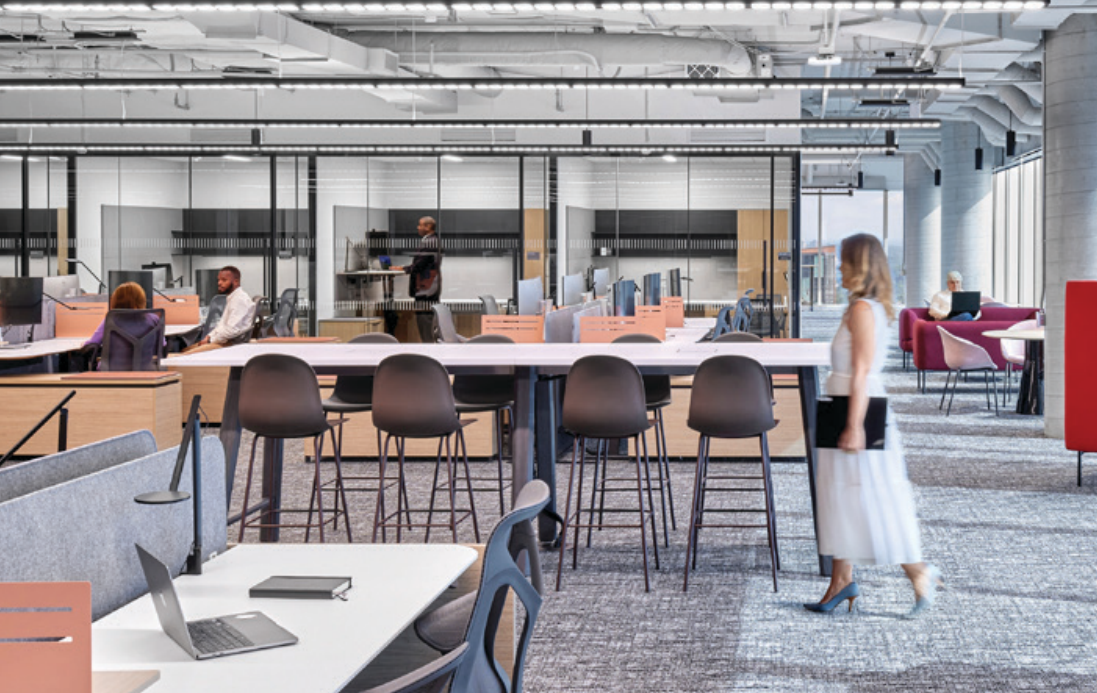#Climatechange, #Future, #Sustainability
As urban populations rise, feeding cities becomes a growing challenge. Urban agriculture offers a solution, improving food security, reducing environmental impacts, and addressing the social and economic needs of cities. This practice contributes to sustainability by enhancing biodiversity, reducing pollution, and supporting a circular economy. Various urban agriculture typologies, such as rooftop greenhouses, community gardens, and vertical farming, offer different benefits.
By localizing food production, urban agriculture reduces transportation costs, emissions, and food waste. It helps cities become more resilient to disruptions in global supply chains, as seen during the COVID-19 pandemic. High-tech systems, such as hydroponics, further contribute to sustainability by conserving water and nutrients, while urban farms provide job opportunities, especially for disadvantaged communities.
Despite its benefits, urban agriculture faces challenges, including competition for land, pollution, and limited scalability. Strategic policies are needed to integrate urban agriculture into broader city planning to maximize its potential. When designed well, urban agriculture can help cities meet multiple Sustainable Development Goals (SDGs) and support a greener, more inclusive economy.
Check the full document here: https://bit.ly/406saiC

Workplace transformation in 2025 centers on team productivity, footprint shifts, and collaborative design.
Accessibility Tools